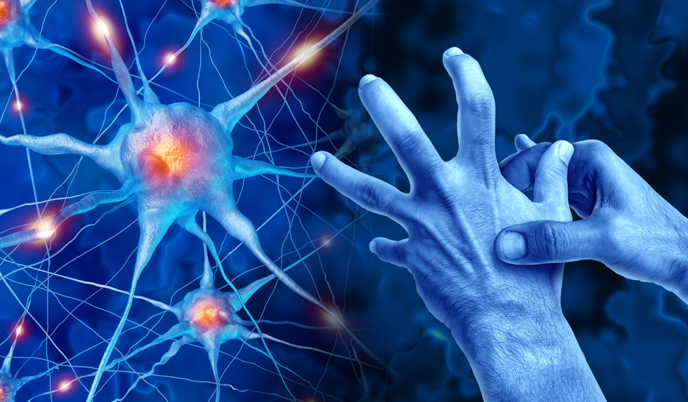
Cell therapy for Parkinson’s shows promise
Parkinson’s patients are receiving a new investigational treatment thanks to groundbreaking research by Dr. Marina Emborg, a professor of medical physics in the University of Wisconsin School of Medicine and Public Health.
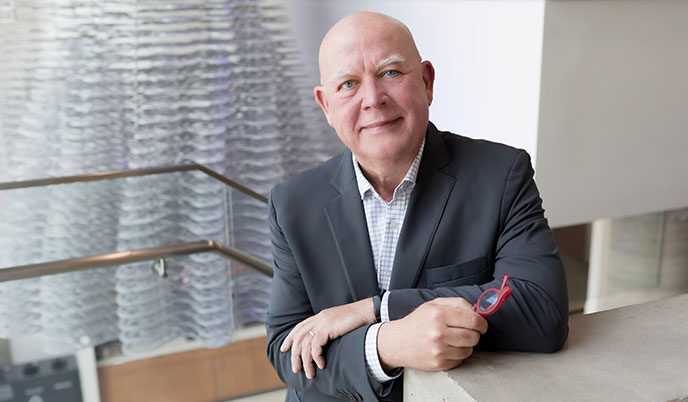
Q&A: Jacques Galipeau on cell therapies to cure disease
Dr. Jacques Galipeau is the associate dean for therapeutics development and the director of the Program for Advanced Cell Therapy (PACT), a collaboration between UW Health and the University of Wisconsin School of Medicine and Public Health that aims to bring innovative cell therapies to patients. He is also a practicing hematologist, treating patients with blood clot disorders, anemia, and other diseases and conditions.

Freeing kidney transplant patients from daily anti-rejection medications
Kidney transplant patients are embracing a new chapter of life, thanks to a groundbreaking clinical trial that eliminates the need for a lifelong regimen of anti-rejection drugs, which can cause serious side effects.
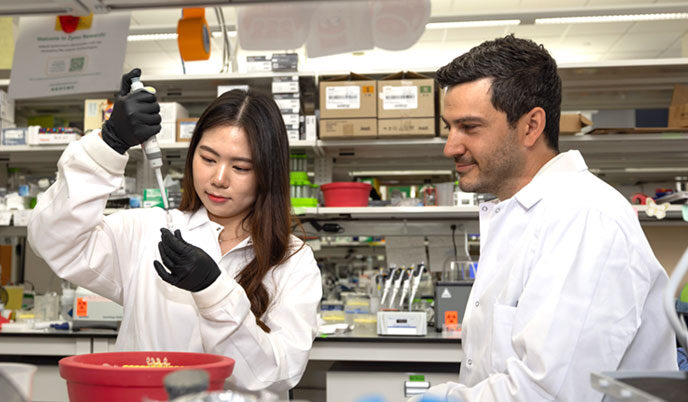
How cells rust to death with age
In the same way that sheet music shows musicians what to play, DNA shows the body how to function. But what if a violinist’s pages got jumbled out of order, or the melodies marked mute? The instructions would still be there, but they wouldn’t make sense to the player.
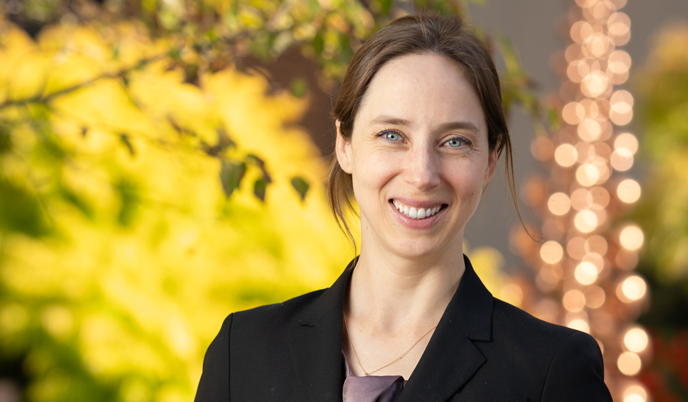
Q&A: Sara McCoy on innovative treatment for Sjögren’s disease
Dr. Sara McCoy, a rheumatologist in the Department of Medicine, is one of the nation’s leading experts on Sjögren’s disease, an autoimmune disorder that affects moisture-producing glands in the eyes, mouth and other parts of the body.
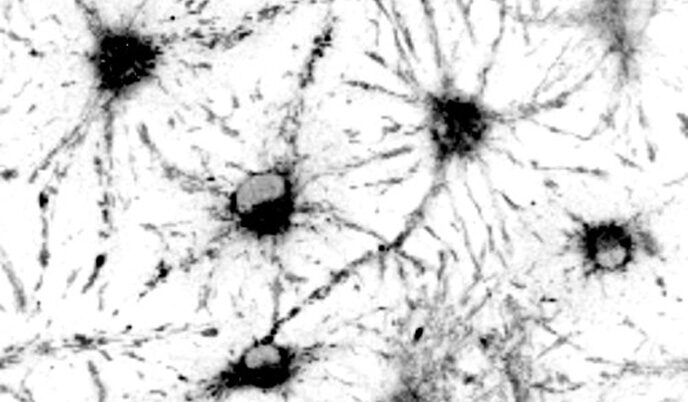
Stem cells’ light signatures improve understanding of aging in the brain
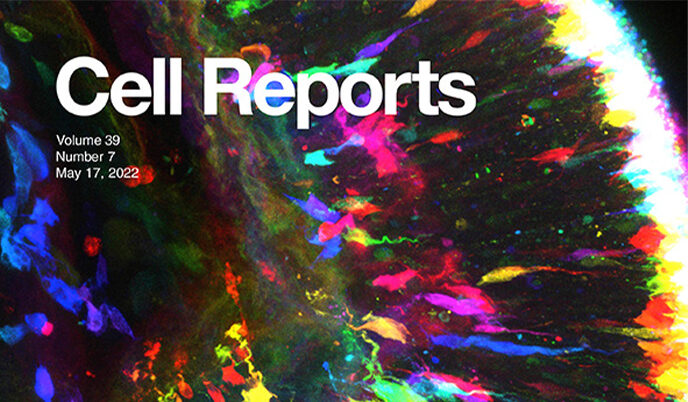
UW eye research uncovers how stem cell photoreceptors reach their targets
A new study reveals how photoreceptors grown from stem cells might extend biological wires, known as axons, to contact existing neurons.
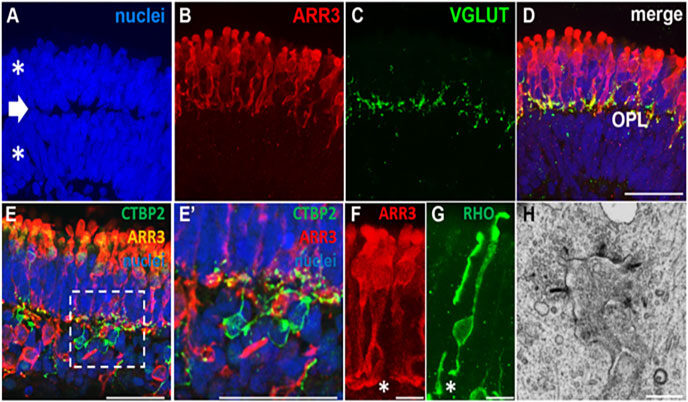
UW study finds photoreceptor cells from retinal organoids can replicate key functions of vision
Researchers from the University of Wisconsin School of Medicine and Public Health have successfully shown that a retinal cell type derived from human pluripotent stem cells is capable of the complex process of detecting light and converting that signal to electrical waves.
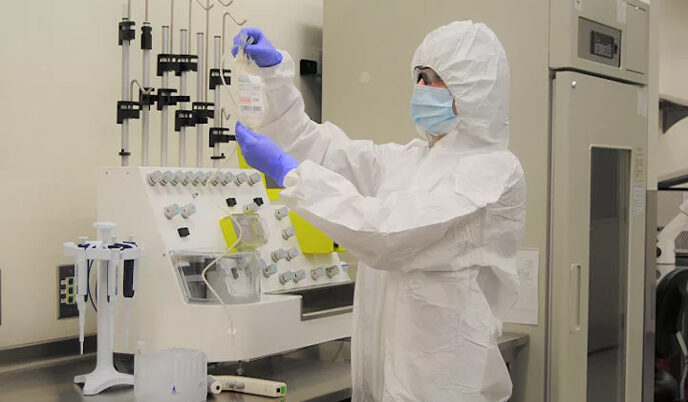
UW begins new clinical trial to treat fatal blood diseases in children, young adults
A clinical trial has launched at the UW School of Medicine and Public Health to test the safety of a new type of stem cell transplantation to treat a variety of deadly blood disorders in children and young adults.
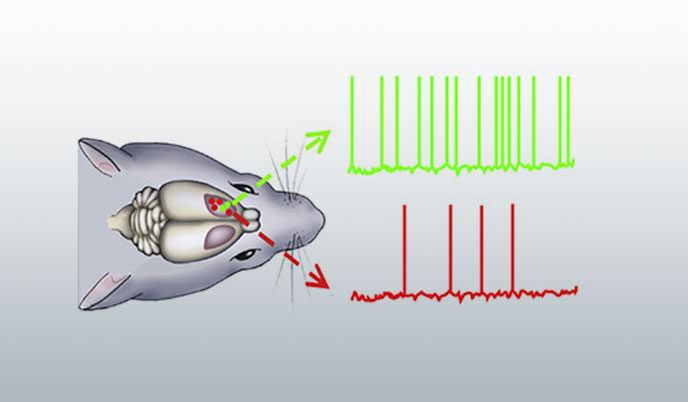
Stem cells can repair Parkinson’s-damaged circuits in mouse brains
The mature brain is infamously bad at repairing itself following damage like that caused by trauma or strokes, or from degenerative diseases like Parkinson’s. Stem cells, which are endlessly adaptable, have offered the promise of better neural repair. But the brain’s precisely tuned complexity has stymied the development of clinical treatments.

Darcie Moore selected as 2020 Vallee Scholar in recognition of research
Darcie L. Moore, PhD, assistant professor of neuroscience, has been named by the Vallee Foundation as a 2020 Vallee Scholar. The award provides $300,000 in funding for basic biomedical research over four years.
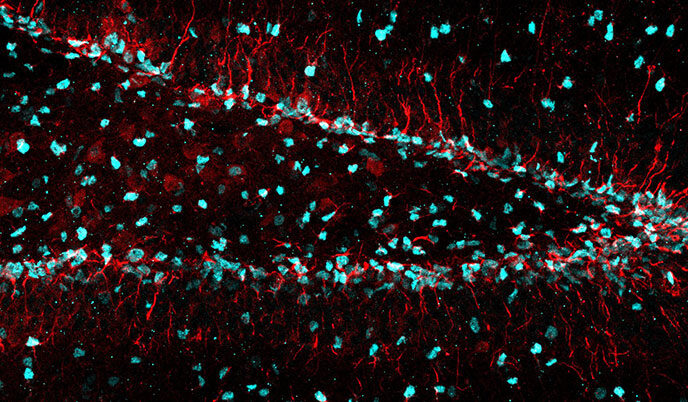
Newly identified cellular ‘trash removal program’ helps create new neurons
New research by University of Wisconsin-Madison scientists reveals how a cellular filament helps neural stem cells clear damaged and clumped proteins, an important step in eventually producing new neurons.